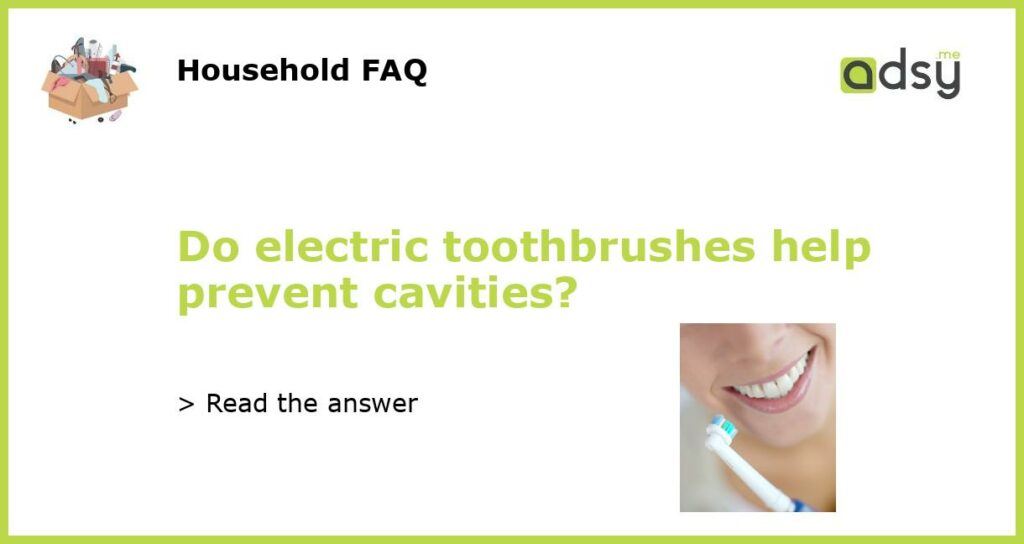Understanding How Electric Toothbrushes Work
Electric toothbrushes have been around for decades, but it wasn’t until recently that they’ve grown in popularity. Nowadays, many people opt for an electric toothbrush over a traditional one, but how exactly do they work?
Electric toothbrushes come in two forms: those with oscillating heads and those with sonic technology. Oscillating brush heads rotate back and forth, while sonic toothbrushes use vibrations to clean the teeth at a high speed.
Both electric toothbrushes are effective, but many people find that the sonic brush is gentler on the gums. Additionally, electric toothbrushes are often equipped with timers that ensure you brush for the recommended two minutes, and even remind you to move to a different quadrant of your mouth.
The Benefits of Using Electric Toothbrushes
There are several benefits to using an electric toothbrush:
- They’re more effective at removing plaque.
- They’re gentler on the gums.
- They have built-in timers for more effective brushing.
- They’re often rechargeable and eco-friendly.
But does using an electric toothbrush help prevent cavities?
Preventing Cavities with Electric Toothbrushes
Electric toothbrushes can indeed help prevent cavities. Because they’re often more effective at removing plaque, using an electric toothbrush can reduce the buildup of bacteria that causes cavities.
Additionally, many electric toothbrushes come with various brushing modes that can better target specific areas, such as between the teeth and along the gum line. This can further help remove bacteria and food particles that contribute to cavity formation.
However, it’s important to note that simply using an electric toothbrush is not enough to prevent cavities. It’s also essential to maintain a consistent brushing schedule and to use fluoride toothpaste.
Choosing the Right Electric Toothbrush
When choosing an electric toothbrush, it’s important to consider your own oral health needs. Some factors to consider include:
- The type of brush head (oscillating vs. sonic).
- The power and speed of the brush.
- Any additional brushing modes or features.
- Battery life and recharge time.
- Budget. Electric toothbrushes can range from under $20 to over $100.
Ultimately, the most important thing is to ensure that you’re brushing your teeth regularly and effectively.






